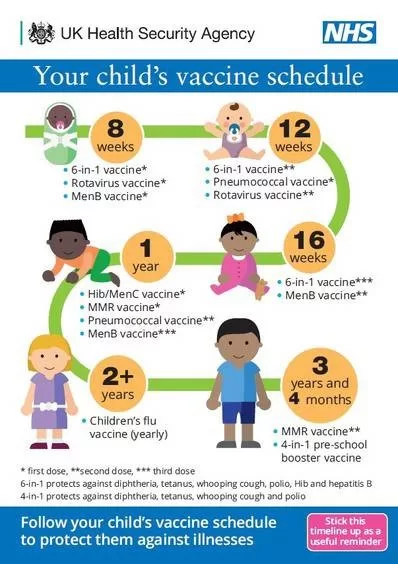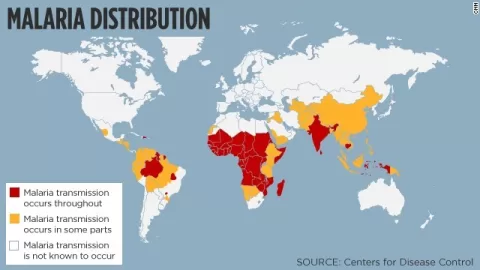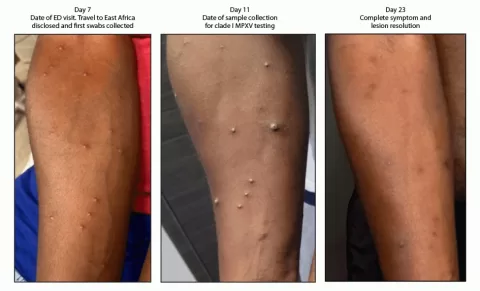In recent statements, President Trump has sparked controversy by linking autism to childhood vaccines, suggesting a connection with Tylenol use during pregnancy. His claims, which imply that the measles, mumps, and rubella (MMR) vaccine should be given in separate doses to minimize potential risks, have raised significant concerns regarding vaccine safety. Trump’s commentary dives into common fears surrounding vaccines and autism, particularly the idea that the CDC vaccination schedule inundates children with too many immunizations too quickly. These assertions are not substantiated by the scientific community, which has long dismissed the notion that vaccines cause autism. Experts emphasize that the supposed Tylenol autism link lacks credible evidence and remind us of the critical importance of adhering to established vaccination guidelines to ensure public health.
The recent dialogue surrounding vaccine hesitancy has been reignited by assertions from former President Trump, particularly concerning the alleged connection between vaccinations and neurodevelopmental disorders, such as autism spectrum disorder. His remarks invoke parental apprehensions about the safety of vaccines and potential adverse effects linked to common medications like acetaminophen, particularly during pregnancy. In this context, discussions about vaccine efficacy and the perceived risks of the current CDC vaccination schedule have become increasingly polarized. Many health professionals assert that there is no scientific basis for claims that vaccines contribute to autism, as exhaustive research has consistently shown them to be safe and effective. The ongoing debate underscores the necessity for clear communication and education on vaccine safety and the myths surrounding acetaminophen and autism.
Trump’s Autism Vaccine Statements and Their Impact
In recent statements, President Trump has drawn significant attention by linking childhood vaccines to autism, particularly advocating for the separation of the MMR vaccine into three distinct shots. This suggestion has spurred concerns about public perception and vaccination rates, particularly given the misinformation surrounding vaccine safety. Many health experts stress that such claims are not only unfounded, but they also undermine years of research demonstrating the importance of vaccinations in maintaining public health. Vaccines are designed to protect vulnerable populations from severe diseases, and any association made with autism lacks substantial evidentiary support.
The implications of Trump’s statements extend beyond anecdotal fears, potentially influencing a disconcerting trend in vaccine hesitancy among parents. Vaccines, including those recommended in the CDC vaccination schedule, undergo rigorous testing for safety and efficacy. The continuous emphasis on anecdotal evidence regarding vaccines and autism, such as the Tylenol autism link, poses a risk to herd immunity, which is crucial in preventing outbreaks of vaccine-preventable diseases. In fact, well-regarded organizations like the American Academy of Pediatrics reiterate that vaccines are safe and effective, dismissing the notion that they can cause autism.
Frequently Asked Questions
What are Trump’s statements regarding vaccines and autism?
President Trump suggested that vaccines, particularly the MMR vaccine, should be administered separately and linked this practice to reducing the risk of autism. He also claimed that pregnant women should avoid acetaminophen, like Tylenol, believing it could increase autism risk.
Is there any scientific evidence supporting Trump’s claims about Tylenol and autism?
No, scientific evidence does not support Trump’s claims linking Tylenol use during pregnancy to an increased risk of autism. Studies reviewed have not established a causal relationship, and reputable organizations maintain there is no specific link between acetaminophen and neurodevelopmental issues.
What do experts say about the connection between vaccines and autism?
Experts, including the American Academy of Pediatrics and the American Psychiatric Association, state that vaccines do not cause autism. Claims linking vaccines to autism have been thoroughly discredited in numerous peer-reviewed studies.
What is the CDC vaccination schedule and its relevance to Trump’s statements?
The CDC vaccination schedule outlines when children should receive vaccines to ensure optimal immunity against diseases. Trump’s recommendation to separate vaccines contradicts these guidelines, which emphasize the importance of timely vaccinations for children’s health.
Are there any risks associated with delaying vaccines as suggested by Trump?
Delaying vaccines can leave children vulnerable to serious diseases, as underscored by pediatricians. The childhood vaccination schedule is designed to provide immunity at crucial times; altering it based on unsubstantiated claims could increase health risks.
What is the consensus on the safety of vaccines regarding their ingredients, like mercury and aluminum?
Health authorities confirm that vaccines are safe and effective, with many studies showing no harmful effects from vaccine ingredients, including mercury and aluminum. Trump’s assertions regarding these components are not supported by scientific evidence.
How has Trump’s media comments affected public perception of vaccine safety?
Trump’s comments have contributed to vaccine hesitancy among some groups, despite overwhelming scientific consensus on vaccine safety and effectiveness. Misinformation can lead to skepticism around vaccination schedules and practices.
What should pregnant women consider regarding acetaminophen usage based on current research?
Current research suggests that while pregnant women can use acetaminophen for pain relief, they should follow medical guidelines. There is no conclusive evidence tying its use in pregnancy to autism, contrary to Trump’s claims.
Why is it important to rely on evidence-based science rather than anecdotal claims?
Evidence-based science is vital because it relies on rigorous research and peer-reviewed data to inform health practices and public policy. Anecdotal claims, like those made by Trump, lack the reliability and validation necessary to guide health decisions.
What actions can parents take to ensure their child’s vaccination against diseases?
Parents should follow the CDC vaccination schedule and consult with healthcare professionals to ensure their child receives timely vaccinations, protecting them against severe diseases and ensuring community immunity.
| Key Points | Details |
|---|---|
| Trump’s Misinformed Statements | Trump linked Tylenol use during pregnancy and MMR vaccine administration to increased autism risk, lacking substantial evidence. |
| Rebuttals from Experts | Major medical organizations, including the American Academy of Pediatrics and the American Psychiatric Association, discredited Trump’s claims, emphasizing no causal link between vaccines and autism. |
| Tylenol and Autism Research | No reputable studies support that prenatal Tylenol causes autism; a Harvard-Mount Sinai review hinted at correlation but not causation. |
| Trump’s Approach | Trump suggested vaccines be given separately, perpetuating anti-vaccine rhetoric without evidence, stating ‘based on what I feel’. |
| Scientific Opposition | Experts stressed the importance of data-driven decisions, criticizing Trump’s reliance on non-scientific reasoning and feelings. |
Summary
Trump’s autism vaccine statements have sparked controversy and pushback from the scientific community. Despite his claims linking childhood vaccines and Tylenol to autism, experts have thoroughly discredited these assertions, emphasizing that vaccines do not cause autism and that there is no conclusive evidence to support Trump’s statements. Medical professionals continue to advocate for vaccinations as crucial for protecting children against severe diseases.
The content provided on this blog (e.g., symptom descriptions, health tips, or general advice) is for informational purposes only and is not a substitute for professional medical advice, diagnosis, or treatment. Always seek the guidance of your physician or other qualified healthcare provider with any questions you may have regarding a medical condition. Never disregard professional medical advice or delay seeking it because of something you have read on this website. If you believe you may have a medical emergency, call your doctor or emergency services immediately. Reliance on any information provided by this blog is solely at your own risk.








